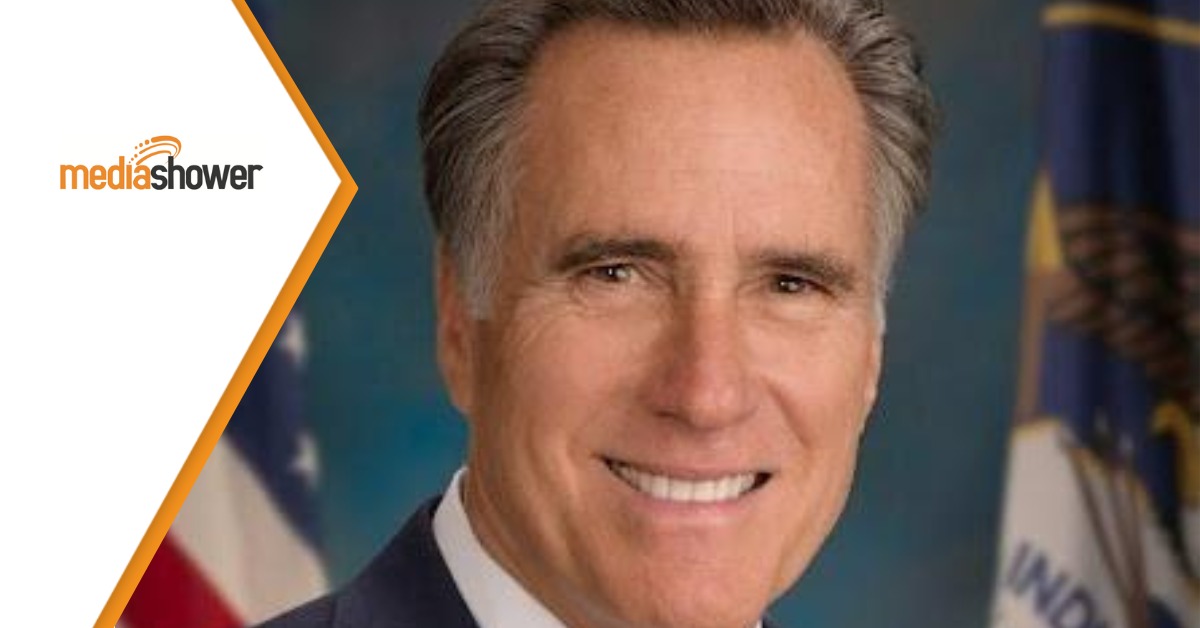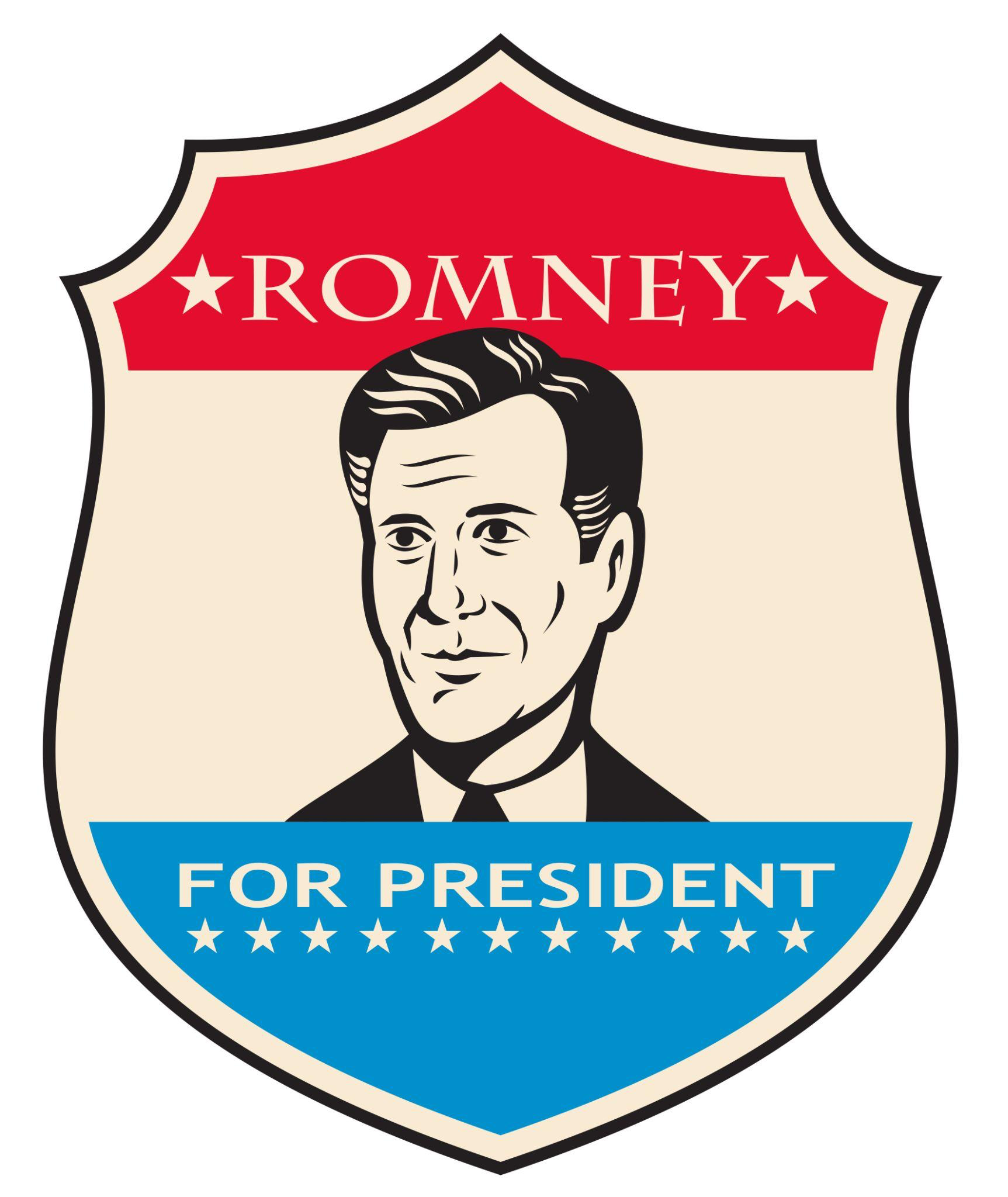
TL;DR: In 2007, Mitt Romney frankly discussed his personal religious beliefs and where they begin and end with his political beliefs to build common ground among voters of all religions.
So What? Romney tackled a difficult topic even then by offering clear principles, delineating where he stands, and showing where the professional begins and the personal ends in his moral approach.
Religion is a complicated topic in any context, but especially when you work in politics. In 2007, Mitt Romney broached this topic in a speech at the George Bush Presidential Library Foundation, presenting a useful example for communicators tackling tough topics.
Through appeals to history and intimate discussions of his own experiences, Romney creates a rapport with the audience to help them understand his perspective–a key lesson for anyone interested in effective communication.
Using History to Set Precedent
At the time of this speech, Romney had announced a run for President after concluding his term as governor of Massachusetts. George W. Bush was concluding his second term, and it promised to be a competitive campaign between Romney, Mike Huckabee, Ron Paul, and the ultimate primary winner, John McCain.
As a member of the Church of Jesus Christ of Latter-Day Saints, Romney was somewhat of an outlier in the race. Some voters questioned whether Romney’s religion would interfere with his governing.
So, Romney references another president who faced similar criticisms: John F. Kennedy.
“Almost 50 years ago another candidate from Massachusetts explained that he was an American running for President, not a Catholic running for President. Like him, I am an American running for President. I do not define my candidacy by my religion. A person should not be elected because of his faith nor should he be rejected because of his faith. Let me assure you that no authorities of my church, or of any other church for that matter, will ever exert influence on presidential decisions. Their authority is theirs, within the province of church affairs, and it ends where the affairs of the nation begin.”
Kennedy was famously criticized for being a Catholic… which, during the time of his race, was a big concern for a primarily protestant and evangelical America.
By calling on this history, Romney both disarms this concern (Kennedy was obviously not beholden to his faith to the detriment of his political leadership) and raises the notion that these ideas of fearing someone’s faith are a bit antiquated.
As communicators, we should know the history of what we say. By providing evidence of historical precedent, we can better address criticisms (real or not) by showing that whatever the audience might think will happen might not be the only reality.
Embracing Shared Beliefs
While Romney can address the historical limitations of the criticisms around his faith, he can’t necessarily shake them off without directly addressing them. He does so in a succinct statement:
“There are some who would have a presidential candidate describe and explain his church’s distinctive doctrines. To do so would enable the very religious test the Founders prohibited in the Constitution. No candidate should become the spokesman for his faith. For if he becomes President he will need the prayers of the people of all faiths.”
Here, Romney disarms the notion of faith as limiting his ability to lead by connecting us all through faith. His argument, in essence, is that everyone believes in something. As such, as President, he can draw inspiration from his faith while recognizing that, as President, he would represent people of dozens of faiths.
For communicators, what stands out here is that Romney creates a careful split. First, he articulates what he feels is an abstract principle and his objection: In this case, in his view any sort of religious “litmus test” for candidates would violate the core laws he’d be sworn to uphold in office.
Then he lays out the more personal impact: He can’t represent only his faith while in office. As President, he’ll be expected to represent people of every faith, and no faith at all.
In this way, Romney manages to article his principles and stand by them without picking fights or trying to contrast himself against others specifically.

Speaking to the Personal (and Universal)
While Romney talks of his faith, he makes sure to speak of it as a personal faith. However, he also recognizes that his audience will draw from many faiths. He doesn’t see this as a roadblock, however, but rather an opportunity for everyone to come together:
“I believe that every faith I’ve encountered draws its adherents closer to God. And in every faith I’ve come to know, there are features I wish were in my own: I love the profound ceremony of the Catholic mass, the approachability of God in the prayers of the Evangelicals, the tenderness of spirit among the Pentecostals, the confident independence of the Lutherans, the ancient traditions of the Jews, unchanged through the ages, and the commitment to the frequent prayer of the Muslims. As I travel across the country and see our towns and cities, I’m always moved by the many houses of worship with their steeples, all pointing to heaven, reminding us of the Source of life’s blessings.”
This is a powerful form of community-building. He discusses the importance of all our faiths as personal faiths, each providing guidance in life without requiring that we project them onto others.
At the same time, by referencing different religions and denominations, he draws us all together in the question–while we all don’t share the same faith, most of us share the idea of faith. Even mentioning non-Christian religions like Judaism and Islam is a seemingly radical step of religious freedom and acceptance that brings together all these parties (at least rhetorically).
Communicators can learn a lesson here. Even when we note differences between groups of people (differences that can often create massive fissures between them), we can use those differences to highlight shared experiences and worldviews to create community.
Being Authentic
A key lesson from this speech is that audiences will respect authenticity. We can all speak truthfully about anything, from personal beliefs to products and services, while appealing to a wider audience.
In the end, Romney would concede the nomination in February 2008, although he won several state primaries before getting to that point. In 2012, he won the nomination and ran against Barack Obama, then ran for a Senate seat in Utah in 2018, which he won.
He never had to discuss his religion in such detail again. It shows how a powerful speech can answer a question, even on a fast-changing and complicated topic.
Do you need help to communicate your marketing message clearly? Try Media Shower for free. The award-winning content marketing platform.
